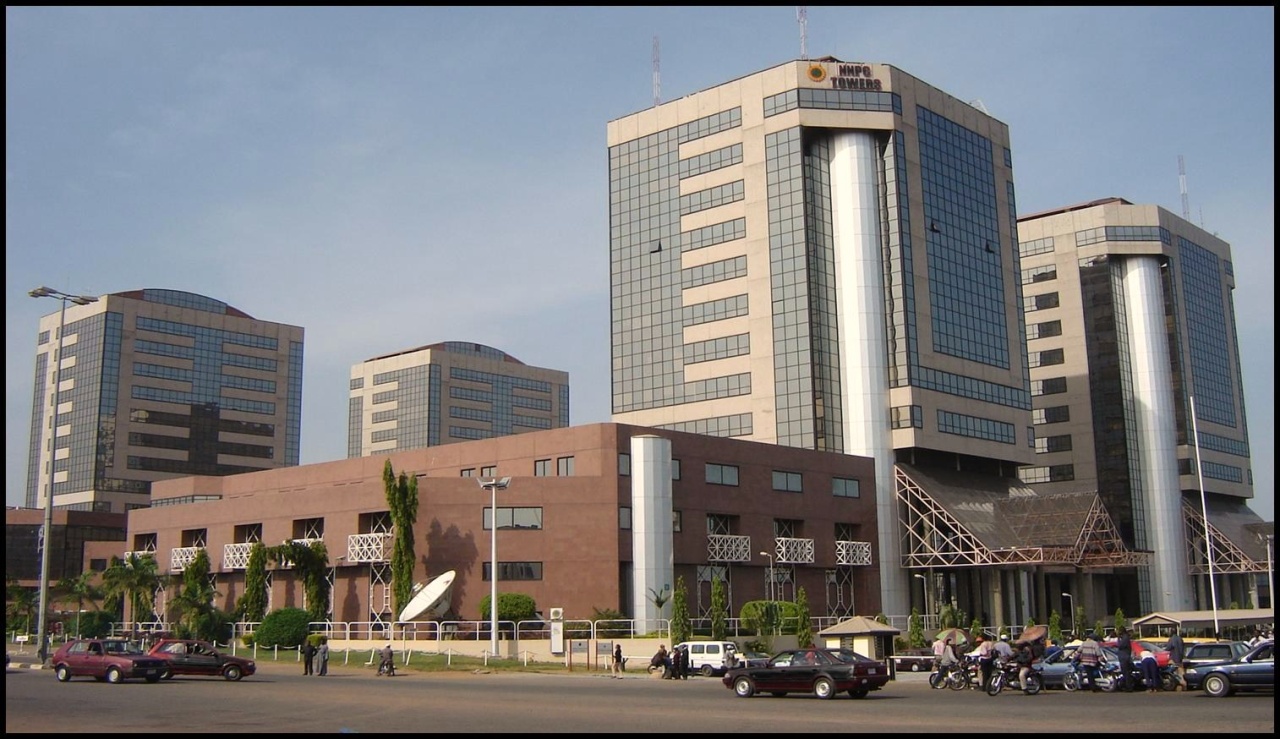By IKEOGU OKE —
Against the backdrop of the recent call to kill the Nigerian National Petroleum Corporation (NNPC) by Mallam Nasir el-Rufai, the governor of Kaduna State, we should look in the direction of Mohammed Yusuf, the founder of Boko Haram, and the intractable problem the Islamist sect has morphed into following his summary execution after his arrest in 2009, in order to appreciate the disastrous consequences of killing what we have the option to reform, like the NNPC. “If you don’t kill the NNPC, it will kill Nigeria,” el-Rufai was quoted as saying during this year’s Wole Soyinka Media Lecture series he delivered in Abuja to mark the 81st birthday of Professor Wole Soyinka.
Yusuf, as we have come to know, was arrested by security agents for allegedly posing a security threat with his followers. A subdued and cooperative man, he was interrogated while in the custody of his captors. Then he turned out dead, reportedly executed while in police custody after he had been handed over to the police by soldiers who arrested him.
In reaction, his followers, apparently angered by a killing they saw as an injustice to their sect and to their charismatic leader, promised a showdown with the Nigerian state. At first they made good their threat by attacking police posts and at some point extended their attack to the Police Headquarters in Abuja. The group has since turned into an international threat, with several West African countries being forced to sleep with one eye open for fear of its deadly terror attacks. The precipitous killing of its leader has proven to be a case of turning a bonfire into a volcano through a misguided effort to extinguish the former.
Nothing I say here is meant to justify the actions of Yusuf; but I condemn the inherent illegality his summary execution would amount to. And I have merely used a painful and well-known fact from our contemporary history, the fact of the transformation of Boko Haram into a worse threat following the killing of its founder, to show that we do not always get the results we expect, and that the consequences can be quite dire, if we opt to kill what we can reform; and also to indicate why we should exercise caution in the face of any call to indulge in such killing, whether of an individual or a corporate body.
Indeed, I believe Yusuf and his followers could have been reformed following his arrest, in a more patient response, by persuading him, and by extension his followers, to change their wrong belief that “Western education is a sin”, a translation of “Boko Haram” which forms the basis of their actions. It would be a case of straightening out a twisted mind and using his reformed views to regain control, through him, of his army of gullible devotees. Similarly, I believe the NNPC, whatever may be wrong with the corporation, can be reformed and put to better use.
And I happen not to be a lone believer in the reformability of the corporation. For in responding to a question on el-Rufai’s call to kill the corporation in an interview published on page 19 of Leadership of July 19, 2015, Engr. Abubakar Sa’ad, the Gombe State coordinator of President Muhammadu Buhari’s campaign in the 2015 general elections, was emphatic that “… scrapping the NNPC is not the solution.” And he explained: “… if Buhari dissolves the NNPC, it would take us many years before we would be able to establish another agency that would work as the NNPC.”
One of the reasons for the precipitate call to end the corporation’s life is alleged corruption. And perhaps Engr. Sa’ad, to buttress his implied call for caution, might have wished our president recall that allegations of corruption in the NNPC have a long history dating back to when the corporation fell under his charge as the federal commissioner for petroleum and natural resources from 1976 to 1978.
During his tenure as commissioner, N2.8 billion allegedly went missing from the accounts of the NNPC. The allegation was later found to be false by the Crude Oil Sales Tribunal of Inquiry headed by the late Justice Ayo Irikefe. This reminder is not meant to defend the NNPC from the charge of corruption. But it prompts some valid questions even President Buhari should reflect on with wisdom, namely: “If such a serious allegation of corruption levelled against the NNPC while under his supervision many years ago could be false, why not now? Could this be a case of history repeating itself? Or a false charge assuming a new disguise while running a marathon?”
And I raise these questions just to reinforce the case for caution in heeding the call to kill or scrap the corporation even by people who seem to see nothing wrong in being judges in their own case, given that Governor el-Rufai – and another state governor who has accused the NNPC of corruption – are members of the panel set up by the National Economic Council (NEC) to probe the allegations against the corporation, which they have openly canvassed the necessity to kill even before the investigation has commenced, infecting the case of the accused with deadly prejudice.
Unfortunately, the current allegation of corruption against the NNPC appears to be a rehash of the self-evidently unjustifiable allegation by the former governor of the Central Bank of Nigeria (CBN), Mallam Sanusi Lamido Sanusi, that the corporation failed to remit $49.8 billion to the Federal Government, implying that the money had been stolen. As if realising that this amount was too large to steal, Sanusi later revised it to $12 billion and finally settled for $20 billion, casting doubt on the allegation by engaging in what seemed like guesswork. Only the currency seems to have changed, so we have N3.8 trillion for $49.8 billion at the “prevailing” exchange rate.
Even the other allegation that the NNPC’s practice of withholding part of its earnings before remitting the rest to the Federal Government breaches the law further reinforces the need for caution already flagged above. For those behind the allegation may be unaware that Section 7 Sub-section A and B of the NNPC Act partly states that, “The Corporation shall maintain a fund which shall consist … such monies as may be received by the Corporation in the course of its operations or in relation to the exercise by the Corporation of any of the functions under this Act, and from such fund there shall be defrayed all expenses incurred by the Corporation.”
The wisdom of the above provision may not strike home unless we imagine such situations where the NNPC may have to repair its gas pipelines damaged by vandals, causing disruption in the flow of electricity as we have experienced in recent times. In such cases, the provision frees it from the hamstring of external bureaucracies in accessing fund promptly to respond to national emergencies in which delay may lead to huge losses to the economy.
And the right measure, I think, is to improve the conduct of the NNPC by improving such statutory provisions and due diligence in ensuring its strict compliance with any better laws that may replace them. Not to kill the corporation.
*Oke, a public affairs analyst, lives in Abuja
Email: [email protected]; Tel: +234-(0)8034531501y














